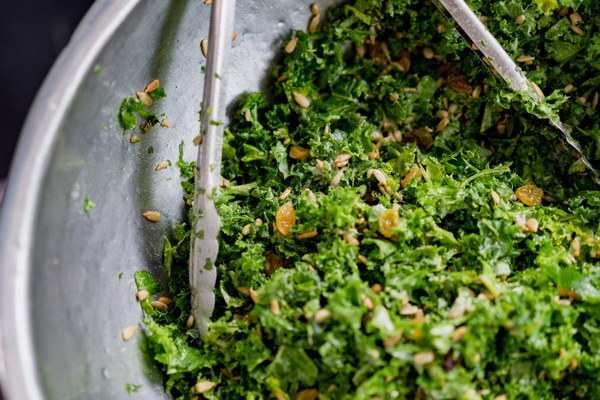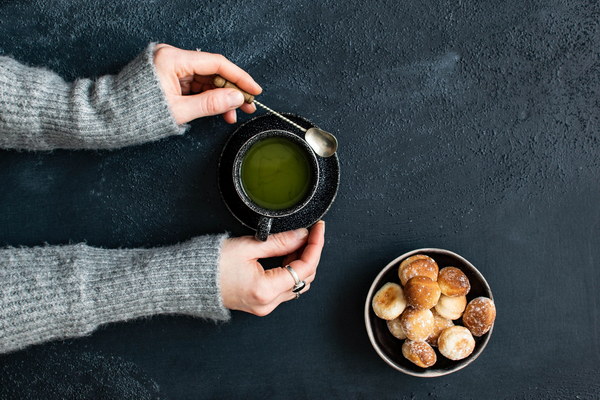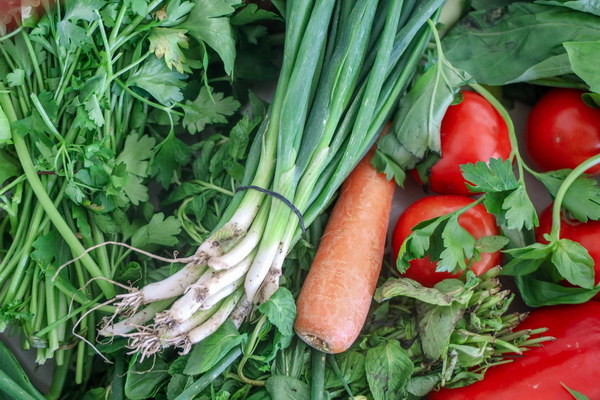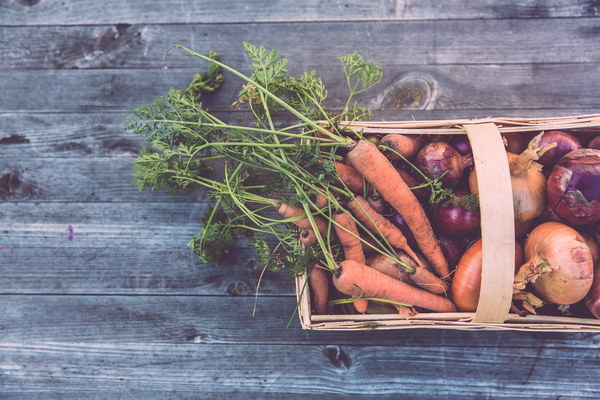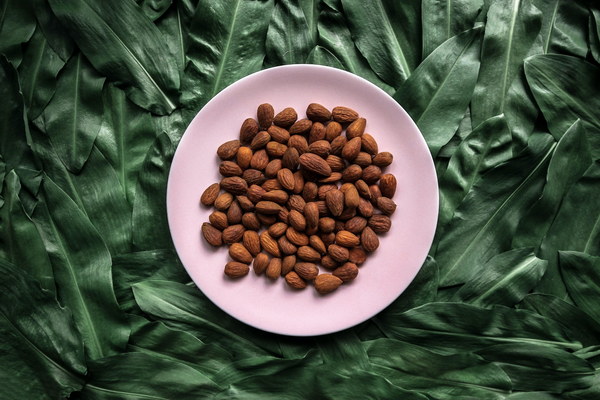Embracing the Autumn Season A Traditional Chinese Medicine Guide to Fall Health and Wellbeing
As the vibrant hues of autumn paint the landscape, the world around us transitions into a season of change. In Traditional Chinese Medicine (TCM), autumn is a time when the body and mind must adapt to the natural cooling and drying energies of the season. This article delves into the wisdom of TCM and offers practical tips for maintaining health and well-being as we embrace the autumn season.
Understanding the Autumn Energy
According to TCM, autumn is associated with the element of Metal, which corresponds to the lungs and large intestine. The lungs are crucial for the body's immune system, and during autumn, they are more susceptible to dryness, leading to symptoms such as coughs, colds, and respiratory issues. To combat this, it's essential to focus on nourishing the lungs and large intestine.
Harmony with Nature
In TCM, maintaining harmony with the natural world is essential for health. As the days grow shorter and the temperatures drop, it's important to adapt our lifestyle and diet to align with the changing environment. Here are some key principles to follow:
1. Balance Your Sleep: As the nights become longer, it's natural to feel more inclined to sleep. Ensure you get enough rest, but also try to go to bed and wake up at consistent times to regulate your body's internal clock.
2. Moderate Exercise: Engage in light to moderate exercise, such as walking, tai chi, or yoga. These activities help to boost your immune system and improve lung function. Avoid excessive exertion, as it can lead to excessive sweating and further depletion of the body's fluids.

3. Adjust Your Diet: Emphasize foods that are nourishing and moistening to the lungs. Incorporate foods rich in beta-carotene, such as carrots, sweet potatoes, and pumpkin, to support lung health. Other beneficial foods include:
- Apples: A traditional autumn fruit, apples help to moisten the lungs and throat.
- Pears: Similar to apples, pears are excellent for lung health and can help relieve coughs and sore throats.
- Seeds and Nuts: Almonds, walnuts, and flaxseeds are great for nourishing the lungs and enhancing respiratory function.
- Ginger and Honey: This combination is a classic remedy for respiratory issues. Honey has natural antibacterial properties, and ginger helps to warm and moisten the lungs.
4. Stay Hydrated: Drinking plenty of water is crucial during the autumn months. This helps to keep the body's fluids balanced and reduces the risk of respiratory issues. Green tea is also a good choice, as it is warm and can help to moisten the lungs.
Mindfulness and Relaxation
Autumn can be a time of melancholy for some, as the beauty of the season fades and the cold of winter approaches. To combat these feelings, it's important to practice mindfulness and relaxation techniques. Here are a few suggestions:
1. Meditation: Daily meditation can help to reduce stress and improve mental clarity. Focus on your breath and visualize the cooling, cleansing energy of autumn.
2. Acupuncture: Acupuncture can help to balance the body's energy and improve lung function. It is particularly beneficial for those with respiratory issues.
3. Herbal Remedies: TCM offers a variety of herbal remedies that can support lung health and enhance the body's immune system. Consult with a qualified TCM practitioner for personalized advice.
Conclusion
As autumn arrives, it's important to take the necessary steps to protect and nourish your body and mind. By embracing the wisdom of TCM and focusing on balance, harmony, and self-care, you can enjoy the beauty of the autumn season and maintain optimal health and well-being. Remember, the journey through life is a delicate dance with nature, and with a mindful approach, we can navigate each season with grace and ease.

